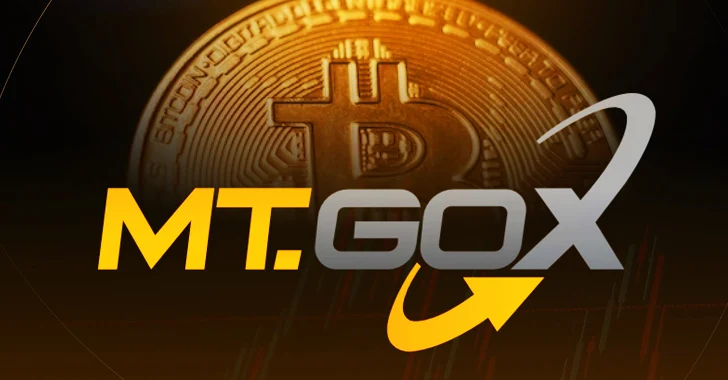Defunct cryptocurrency exchange Mt. Gox has made its first significant Bitcoin transfer since July 30, moving around 12,000 BTC worth approximately $709.4 million to a new, unidentified wallet address. The transaction occurred at 11:39 pm UTC on August 20, marking the first major move by Mt. Gox in three weeks.
Details of the Bitcoin Transfer
Mt. Gox transferred 12,000 BTC to a previously empty address beginning with “1PuQB.” In addition, it sent 1,265 BTC, valued at $74.8 million, to another address starting with “1Jbez.” This second address is identified as a Mt. Gox cold wallet by Arkham Intelligence, and the funds have remained unmoved since the transfer.
Speculations on the Purpose of the Move
The significant Bitcoin movement has sparked speculation that Mt. Gox might be preparing to distribute more Bitcoin to its creditors. These creditors have been waiting for the return of their assets since the exchange’s infamous hack and subsequent collapse in 2014. However, not everyone is convinced that this is the case.
Alex Thorn, the head of research at Galaxy, suggests that only a small portion of the transferred funds—around $74.5 million—might be intended for distribution. The rest, he believes, is likely being moved into “fresh cold storage” still controlled by the Mt. Gox estate.
Historical Context and Remaining Funds
This latest transaction follows a previous large movement on July 30, when Mt. Gox transferred 47,229 BTC to three unknown wallets over a three-hour period. At that time, Arkham Intelligence speculated that 33,105 BTC were sent to an address owned by BitGo, a custodian working with the Mt. Gox trustee to facilitate the return of funds to creditors.
To date, approximately 68% of Mt. Gox’s funds have been distributed back to creditors, according to CryptoQuant data. As of now, Mt. Gox still holds a substantial 46,164 BTC, valued at roughly $2.7 billion.
Creditor Behavior and Future Outlook
Despite the gradual return of their Bitcoin, Mt. Gox creditors have largely chosen to hold onto their reacquired assets. Lukas Enzersdorfer-Konrad, deputy CEO of Bitpanda, noted that many of these creditors were early adopters of Bitcoin, viewing it not just as an asset but as a revolutionary technology. This perspective may influence their decision to hold rather than sell immediately.
Maria Carola, CEO of cryptocurrency exchange StealthEX, echoed this sentiment, suggesting that creditors might be holding out for future price appreciation. She also pointed out that selling now could incur significant capital gains taxes, whereas holding onto the funds could provide more favorable tax and market conditions in the future.
